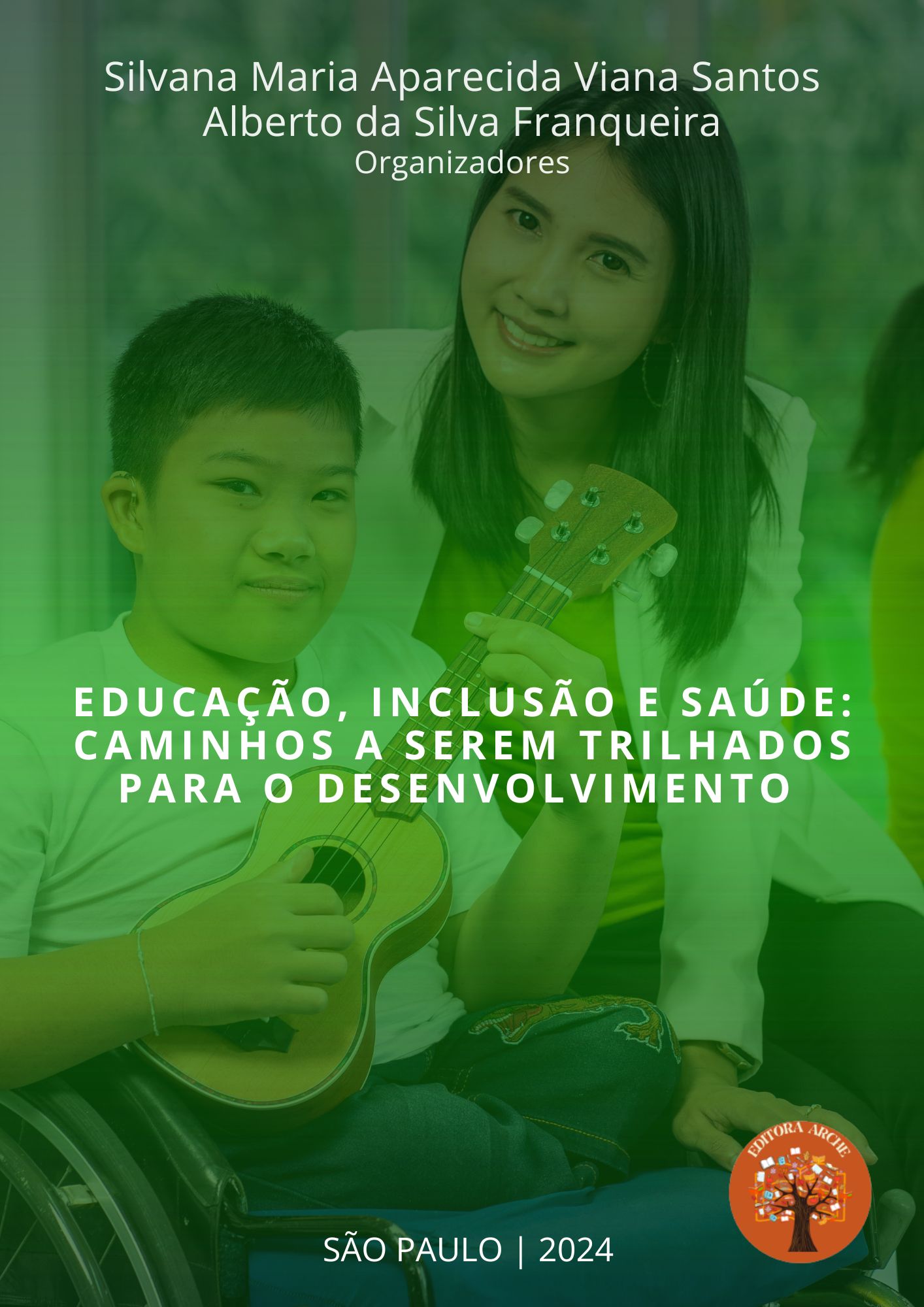EDUCATION, INCLUSION AND HEALTH: PATHS TO BE TAKEN TOWARDS DEVELOPMENT
Keywords:
Digital inclusion. TDICs. Teacher training. Educational challenges. Public policies.Abstract
The relationship between education, inclusion and health has become increasingly evident in the contemporary context. Each of these pillars, in itself, already plays an essential role in the integral formation of the individual and in the construction of more just and equitable societies. However, when articulated, they form a powerful system that enables not only individual but also collective development. The title of this book, "Education, Inclusion and Health: Paths to Be Followed for Development", reflects the importance of following a joint journey, integrating these three elements, with the aim of achieving a more inclusive, healthy and well-educated society. This introduction aims to explore the interdependence between these fields, highlighting their relevance for growth
Education, as a fundamental right, plays a transformative role in the lives of individuals. It not only promotes the development of cognitive and social skills, but is also an important agent of social transformation. However, for it to fulfill its role effectively, it must be inclusive. Educational inclusion, in its broadest sense, means ensuring that all students, regardless of their physical, intellectual, social, emotional or cultural conditions, have access to learning and are respected for their particularities. Building an inclusive education is not limited to access to school; it goes beyond that, encompassing permanence, participation and learning, taking into account the specific needs of students. In this scenario, teachers occupy a central position. They not only transmit knowledge, but also act as mediators of a culture that values diversity. Teacher training, therefore, must be rewarded to prepare education professionals to deal with the specificities of inclusion, ensuring that teaching environments are welcoming and promote the development of all students. This challenge involves not only theoretical knowledge about the different educational needs, but also the development of practical skills and a humanized approach to each student. Furthermore, the integration of technologies in the school environment presents itself as a powerful tool to facilitate inclusion, allowing for the personalization of teaching and proportionally
On the other hand, health is closely linked to the educational and inclusive process. Students who are in good health are more likely to take advantage of educational opportunities and, conversely, a good educational level directly impacts life choices that promote a healthy life. The relationship between health and education is, therefore, a two-way street. Investing in policies that ensure the health of students and education professionals is essential to creating productive learning environments. This includes mental health care, which is currently one of the greatest challenges faced by educational institutions, directly impacting quality.
The path to development is complex and full of challenges, but also of opportunities. This book seeks to contribute to the debate on how inclusive and health-promoting education can transform lives and, consequently, certainly impact society as a whole. Based on the articulation between these three fields, we hope that the reflections presented here will serve as inspiration for more inclusive and humanizing practices, which prioritize the well-being and full development of each individual, regardless of their characteristics and conditions. After all, true inclusion occurs when everyone has the same opportunities to learn, grow and prosper, with health and dignity.
Happy reading!
Organizers,
Silvana Maria Aparecida Viana Santos
Alberto da Silva Franqueira
Downloads

Downloads
Published
How to Cite
License
Atribuição CC BY
